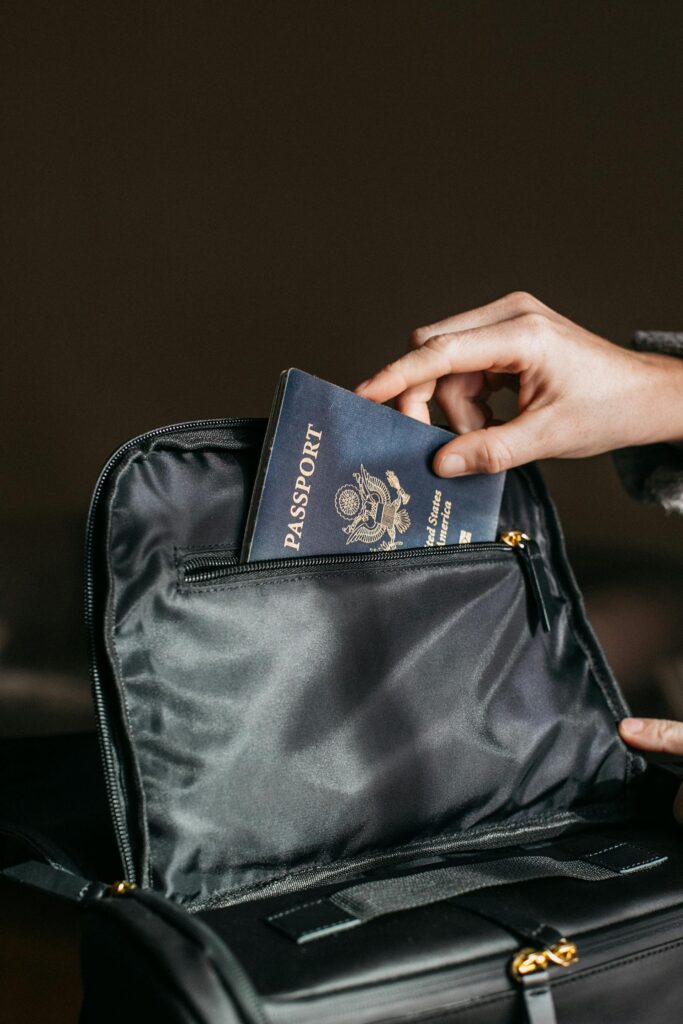When you apply for a UK visa, you hope to get approval (no one hopes for denial), receiving a denial on your UK tourist visa application is always disheartening and stressful.
Denial means you have more work to do before your application meets the required standard – it proves that you are not yet ready to enter the UK based on the information you submitted.
While denial doesn’t always give us a good feeling, it is not the end of it all, you have lots more chances and options to explore.
Read also: Can I renew my Australian tourist visa before it expires?
If your application for a UK tourist visa gets denied, here is what to do next.
UK visa denial happens all the time – the country has a high visa denial rate with over 15% of total visa applications yearly receiving rejections.
Some visa categories witness even higher denial rates than others, the tourist visa is an example. It receives a high rejection rate.
Your tourist visa application can be denied for several reasons:
- It could be due to insufficient proof of funds: If you cannot demonstrate that you have enough funds to cover your expenses during your stay in the UK, your visa application will be denied.
- It can happen as a result of incomplete documents: If you fail to provide all required documents or submit incomplete forms, your UK visa application will be denied.
- Lack of strong ties to your home country: UK visa officers will deny your application if they believe you have insufficient ties to your home country – they want to be sure that you are willing to come back home after you visit the UK. If you fail to convince them, they will deny you your visa application.
- If your travel intention isn’t clear: If the visa officers suspect that your reasons for visiting the UK are not genuine or that you have intentions to work or settle illegally, your application will be denied.
- If you have previous visa violations: If you have a history of visa violations or overstaying in the UK or other countries, they will deny you your application to enter the UK.
If you receive a visa denial due to any of the above reasons or any reason at all, below is what you should do next.
What is next after a UK tourist visa is denied?
After your UK tourist visa is denied, you need to carefully read the denial notification and understand the reason for the denial, once you confirm the reason, you can proceed to sort out the issue they raised before reapplying, this will increase your chances of getting approval.
Read also: Is it easy to get a part-time job in Canada?
-
Understand the reason for the denial
The first and most important step you need to take after getting a UK visa denial is to understand why your UK tourist visa was denied.
The UK Visas and Immigration (UKVI) will provide you with a letter explaining the reasons for the denial.
It could be due to insufficient funds, incomplete documents, lack of ties to your home country, or doubts about your intentions to return home after your visit.
-
Decide what you want to do
Once you know the reasons for the denial, you have three options, you can decide to address the cause of the denial and reapply, appeal the decision or go for other alternatives like applying for another visa type or not travelling again.
-
Appeal the decision
In some cases, you have the option to appeal the decision if you believe there was an error in the assessment of your application.
I wouldn’t take this option if I was in your shoes but if you are ready for it, why not?
If you believe that your visa was wrongly denied, you can appeal the decision of the visa officers.
Appealing is a long walk, so you have to be ready for it. In addition, before you appeal, ensure that you are sure about your position.
Read also: How to show proof of funds for a Canada student visa with my family
To appeal, you need to submit additional evidence and present your case to an independent tribunal.
Your appeal must be made within a specific timeframe, so act promptly if you choose this option.
If after appealing, it is proven that you don’t deserve a visa – meaning the denial was the right call, your next application will receive even more scrutiny.
-
You can go for alternative visa options
If reapplying or appealing is not feasible, it won’t hurt if you consider alternative visa options that better suit your circumstances.
For example, you can look into a different type of visa, such as a business visa if you have professional purposes for visiting the UK.
Each visa category has its requirements, so check very well so you can pick one that best fits your situation.
-
Improve your application and reapply
This is the right option to take if your application is denied. After receiving the denial notification, check the reason for the denial and address it promptly.
If they complained about a lack of proof of funds, you need to provide more evidence that you can sponsor yourself in the UK.
Read also: Can international students work more than 40 hours in Canada?
If it’s due to a lack of strong ties to your home country, kindly address it.
Address any weaknesses identified in the initial denial letter, gather strong supporting documents, and ensure that your intentions for visiting the UK are clear and credible.
Once you are done addressing the issue, reapply.
-
Be patient
Visa denial isn’t what anyone hopes for but it happens and you can only address what the issue is.
Give yourself enough time to gather all the necessary documents, if you need help addressing the issue, get one.
You don’t have to do it all by yourself, you can reach out to the visa application centre for directions.
Read also: How can I increase my chances of getting a UK visa?
While a UK tourist visa denial can be disappointing, it’s not the end of the road.
Once you receive a denial notification, read it, understand the reason behind it and address it before reapplying.
You will increase your chances of a successful visa outcome once you address the cause of the denial.



